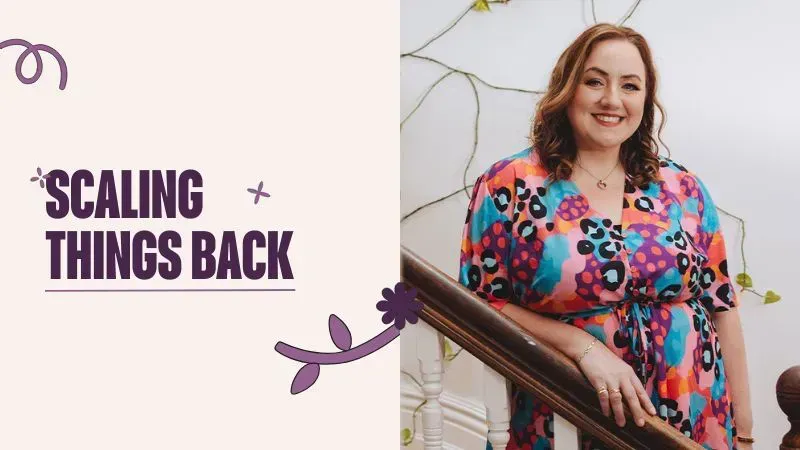Navigating ADHD Misdiagnosis in Adults: What You Need to Know
Newsletter #9
I’m eager to dive into an important topic with you all today: mental health misdiagnosis, particularly in relation to adult ADHD.
As someone who spends a LOT of time exploring the complexities of mental health diagnostics, this issue truly resonates with me. One day, when I get a magic wand (much like my EMDR magic wand), I’d love to see clinicians spending as much time UNdiagnosing people as they do, diagnosing them.
So, let’s jump into some ADHD points:
ADHD doesn't just 'disappear' when you grow up
ADHD: Not Just a Childhood Disorder
First things first: ADHD isn’t just a childhood condition. While many of us associate ADHD with hyperactive kids, it often persists into adulthood. Unfortunately, many adults go undiagnosed or are misdiagnosed, leading to a range of challenges in their personal and professional lives.
The Symptoms Can Be Sneaky
One reason for the misdiagnosis is that adult ADHD symptoms can be quite subtle. Unlike children, adults may not exhibit overt hyperactivity. Instead, symptoms like chronic procrastination, disorganization, and difficulty focusing can easily be mistaken for laziness, anxiety, or even depression. This overlap creates a perfect storm for misdiagnosis.
The Impact of Co-occurring Conditions
Many adults with ADHD also face other mental health conditions, such as anxiety or mood disorders. These comorbidities can mask ADHD symptoms or exacerbate them, complicating the diagnostic picture. For instance, someone might be treated for anxiety when, in reality, their primary struggle is rooted in unrecognized ADHD.
The Importance of a Thorough Evaluation
So, how can we combat this misdiagnosis? A comprehensive evaluation is key. This means more than just filling out a questionnaire. It involves a detailed history of symptoms, lifestyle, and perhaps most importantly, feedback from family or close friends. When it comes to adults, understanding the full context of someone’s life can make all the difference.
Advocate for Yourself
If you suspect you might have ADHD, don’t shy away from advocating for yourself, regardless of other people's opinions. It’s vital to communicate your concerns with a mental health professional and to seek a second opinion if needed. Many adults have been told their challenges are simply “part of life,” but a proper diagnosis can open the door to effective treatment and support which can ultimately be life changing.
Every individual’s experience is unique
Misdiagnosis in adults with ADHD is a significant issue, but awareness and education can empower individuals to seek the help they deserve. Remember, understanding ADHD as a spectrum rather than a strict set of criteria is essential. Every individual’s experience is unique, and recognizing that can lead to significantly better outcomes.
If any of this has resonated with you, I encourage you to comment with any questions or personal experiences you’d like to share. I can’t wait to delve into this topic a WHOLE lot deeper in the future.
Have a great week,
Bec x










